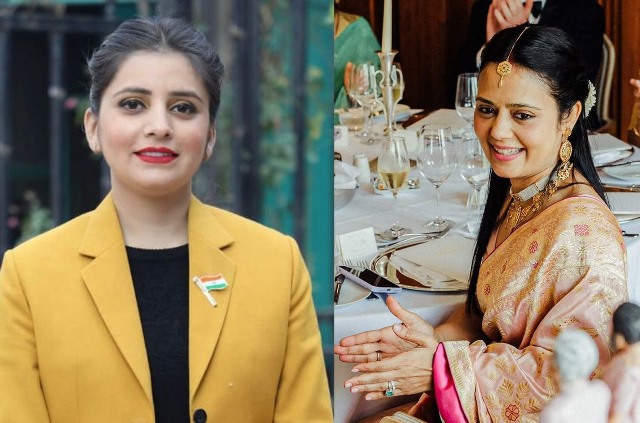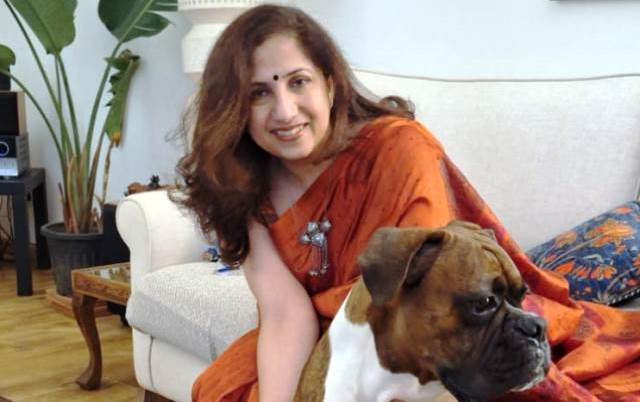Priyanshi Durbha, who works for a start-up in Bengaluru, reflects on how certain women are under public scrutiny for being “too vocal” in matters of alimony. Her views:
For decades together, women have been marginalised. I have personally witnessed women who have been at the receiving end of their in-laws which affected them adversely. As a woman in a corporate set up, I know the percentage of women who have voiced their opinions has always been negligible. It’s been a blessing that some of them go down in history as brave women who chose not to endure the evils of society and fought back.
Take for instance a woman I know, who couldn’t bear children. Her husband didn’t divorce her but for all practical purposes deserted her; since her own family wouldn’t take her back, she was forced to live with her husband separately in a little room with an asbestos roof while her husband married another woman who bore her husband children.
When there is revolution and the balance tipping, or rather resetting, we notice cases emerging where women appear to demand unscrupulous alimony. So before judging a woman’s fight for justice, we also must take in view the social order of the day and the gross injustices being endured silently.
There are always two sides to the story. For every woman who is loud and clear and demanding her share or more, there are women who continue to fight for their rights no matter how deserving.
For the sudden wave of change and generally certain cases gaining the public discourse, there may be unwavering support for men who seem wronged. But then the same public gaze and support were missing when the shoe was on the other foot.
ALSO READ: ‘Troll Can Harass Even MP Mahua, What To Say Of Ordinary Women!’
I believe things are changing for the better. Certain cases will always emerge which are anomalies in a world that has seen abuse of rights, marginalising and not giving women the rightful place they deserve in society.
I would also like to add here that the spotlight on women involved in heinous crimes isn’t just about the crime itself — it’s about how deeply our minds are wired to associate women with care, passivity, and submission. True crime stories time and again reveal that violence stems from complex psychological, social, and circumstantial triggers — not from gender.
When a woman is at the centre of a violent crime case, the public reaction is often sharper, more incredulous. Why? Because it clashes with the image we’ve been conditioned to hold — that women are the gentler sex, incapable of brutality.
But crime doesn’t conform to gendered expectations.
Cases like these challenge us to examine our own biases and to recognise that women, like men, are capable of both nurture and destruction. It’s not about glorifying the crime — it’s about confronting the flawed lens through which we view women. The more we understand that, the closer we come to seeing people — not stereotypes.
As told to Mamta Sharma



